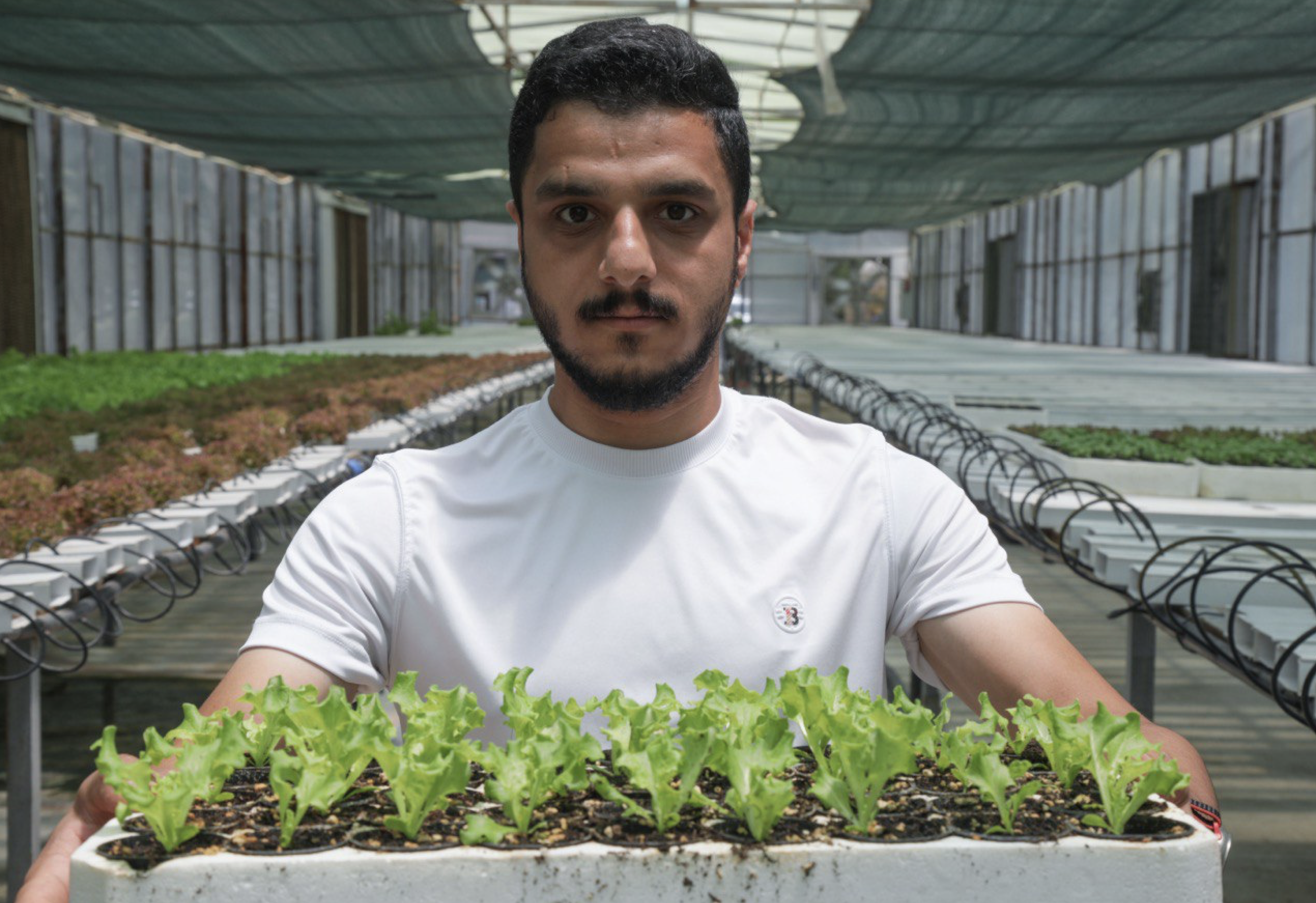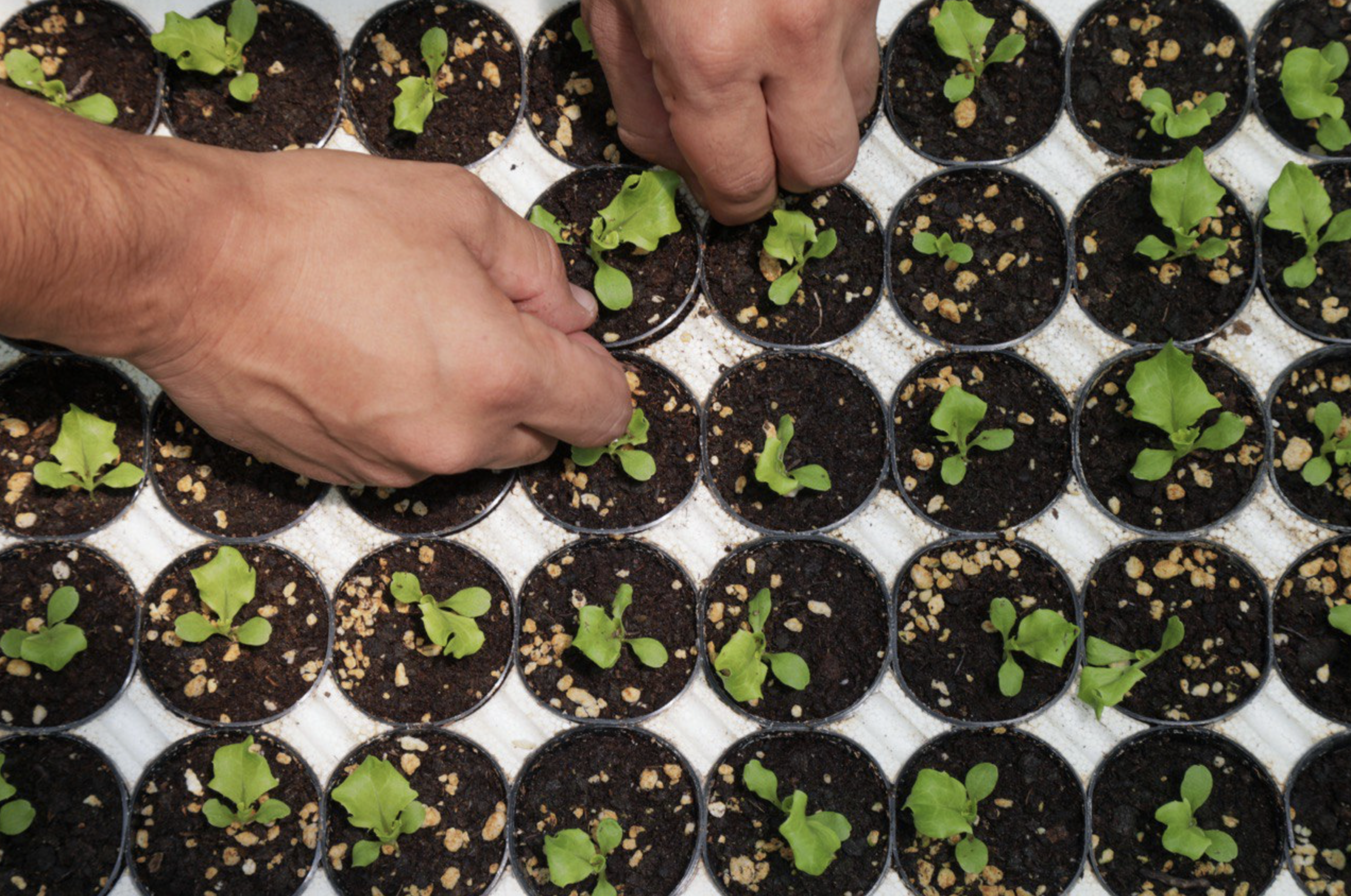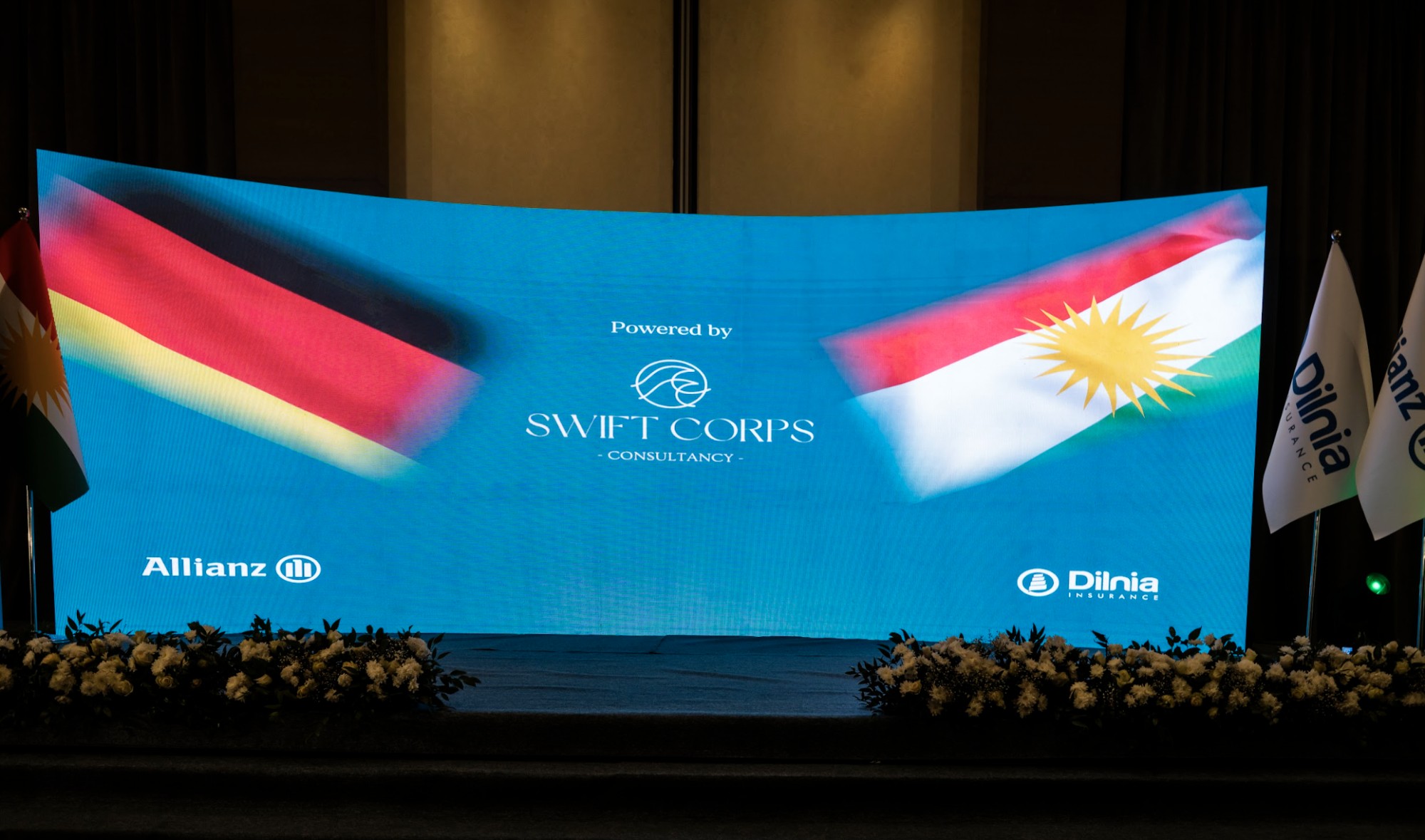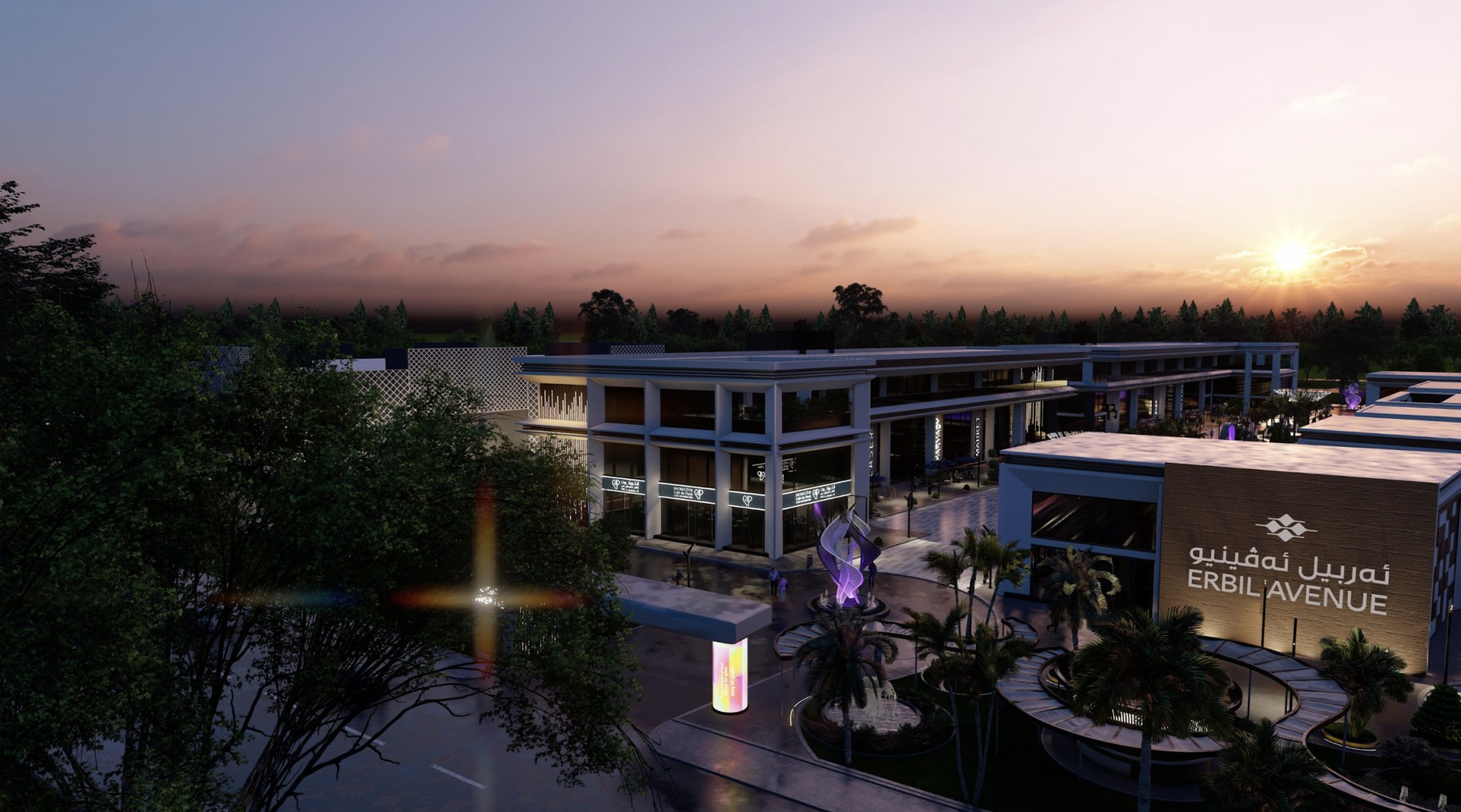Who among us does not dream? It is part of being human, yet few achieve their dreams. Among these few is a young engineer leading a team of specialists with high-level scientific and academic qualifications to implement a pioneering agricultural project that addresses multiple challenges at the same time, including water scarcity, food security, and increased variety of agricultural production.
A group of Kurdish youth, led by information technology expert Dara Govand Sherwani, has successfully applied hydroponics technology at Cihan University - Erbil to produce a variety of high-value vegetables – from French and Dutch lettuce to Italian basil – that were previously imported as they could not be grown locally. Moreover, with the support of local and international organizations, local demand for these vegetables can now be met.

A three-year dream
Sherwani explained that it all began in 2021, when the UN Development Program (UNDP) commissioned Skills House, a consulting company that he manages, to prepare a study on the feasibility of implementing a hydroponics program in Nineveh Governorate. “The outcomes of the study, prepared by specialists in agriculture, business, and marketing, were very promising. We then proposed to the UNDP the idea of implementing a hydroponics project in Erbil as a precursor to similar projects in other parts of the Kurdistan Region and Iraq,” he said.
Sherwani further noted that, while the UNDP welcomed their proposal to produce plants that cannot be grown locally through traditional agriculture due to weather and climatic factors, they did not support the financing of the project. “This prompted us to seek financial support from Safe Home, which enabled us to initiate the project,” he recounted.

Additionally, the team secured a contract with Cihan University to use a suitable plot of land of 520 square meters within the university’s Erbil complex for a period of five years. There, they established a pioneering hydroponics greenhouse for training purposes, the products of which would be used to generate profit for the implementing agencies. Sherwani mentioned that the project was also presented to the U.S. Agency for International Development, which not only welcomed it – in line with the agency’s support for the Iraqi agricultural sector – but also gifted the team a solar energy system.
“The team includes specialists in the fields of communications, electronics, and marketing, as well as agricultural experts,” Sherwani explained. “We began implementing the project in March 2023, and actual production began at the beginning of 2024,” he said.
Sherwani stated that the greenhouse “produces 7,200 seedlings per month, at a rate of 15 seedlings per meter, which is a much higher yield than what can be obtained with traditional agriculture. The project’s clients are fast food restaurants and a group of commercial markets in Erbil. In addition, we receive many requests from other governorates, especially Baghdad, that we cannot meet because of the project’s current limitations.”
“The team is planning to expand the project to be able to meet the increasing demand for its products from various parts of Iraq,” he added. “We are also planning to develop a software system to control and manage the greenhouse remotely.”

Why hydroponics?
Hydroponics is a modern and sustainable method of agriculture in which plants do not grow in soil, but rather directly in water enriched with nutritious mineral components. This type of agriculture offers many benefits over traditional agricultural methods, helping to increase production, conserve water, and protect the environment.
With this technique, more seeds can be planted and grown faster in water compared to soil. Hydroponic plants also have fewer problems with fungi, insects, and diseases, making them generally healthier than conventionally grown plants. Additionally, there is a decrease in the amount of heavy metals or pesticides that accumulate in the tissue of the plants.

“Hydroponics constitutes an appropriate solution to the problem of water scarcity in Iraq, as it utilizes about 20% less water than traditional irrigation methods,” Sherwani emphasized. “Moreover, it provides continuous, high-quality production throughout the year, the period from planting to harvest is half of what plants need in traditional agriculture, and it does not require pesticides.”
Concerning the ambitions of the team after its success in hydroponics, Sherwani indicated that they are “currently planning to meet the increasing demand for our products and the possibility of growing other plants.”
“We are also planning to implement another project in aquaponics technology, which combines hydroponics and fish farming by taking advantage of the same hydrological cycle. Water cycles from the fish tank to the farm, and after the plants filter and purify it, the water is returned to the fish tank. This allows for the breeding of new species that are not avaFilable in Iraqi waters, such as salmon, catfish, and others,” he noted.

About Skills House
Dara Govand Sherwani holds a Bachelor of Science in Software Engineering from Salahaddin University in 2008, a Master of Business Administration from the Lebanese French University in 2010, a second Master of Science in E-Business from the University of Huddersfield in 2011, and a PhD in Human-Computer Interaction from City University of London in 2016. He has worked as a project lead and user research consultant on various projects involving the development and evaluation of software systems, such as hospital information management, supply chain management, eLearning systems, and online communities for residential clients. He currently holds the position of Chair of the Computer Science and Information Technology department at the American University of Dohuk.
The project team is composed of agricultural expert Dr. Deidar Khoshnaw, communications engineer Muhammad Khaled, and financial and banking expert Abdul Aziz Tahseen.
Basil Al-Khatib is an Iraqi journalist based in the Kurdistan Region.

